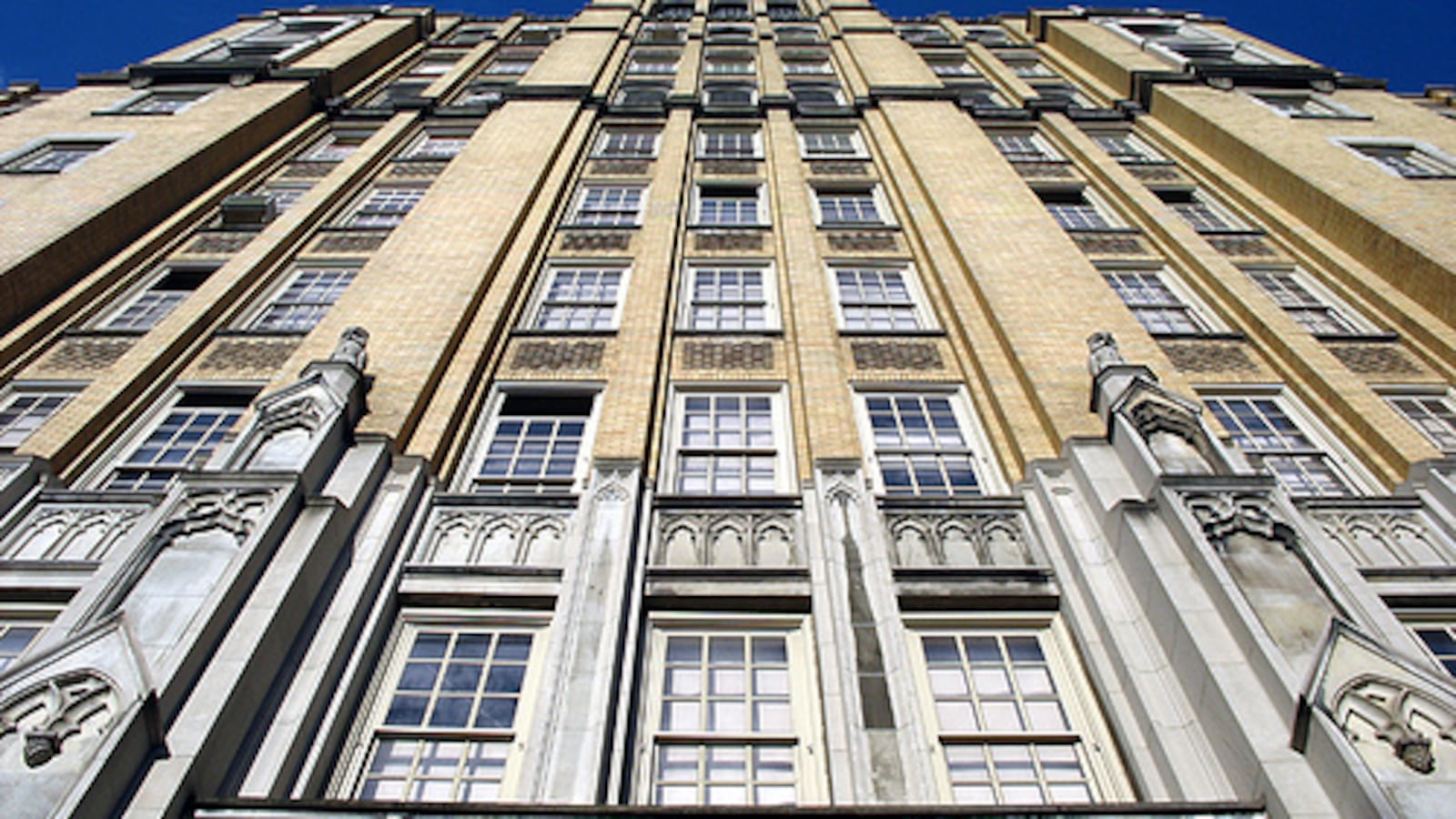New York City lawyers are asking a judge to allow the education department to move forward with admissions changes aimed at better integrating the city’s elite specialized high schools, saying the tweaks are not meant to discriminate against Asian students.
Instead, lawyers for the city argue the changes serve the “most disadvantaged” students, leading to “greater geographic and socioeconomic diversity” in the schools, “which may in turn increase racial diversity.”
At issue: The city’s plan to expand the Discovery program, which offers admission to students who score below the cutoff on the exam that currently stands as the sole entrance criteria to eight specialized high schools. The city also wants to change who qualifies for the program, limiting Discovery to students who attend schools where at least 60 percent of their peers are economically needy. (Previously, eligibility was based only on each students’ individual need.)
In December, Asian-American parents and organizations sued the city, claiming the reforms would discriminate against their children. They asked for a preliminary injunction, which would prevent the changes from going forward until the court case is decided — and affect the current admissions cycle already underway for eighth-graders enrolling in high school next year.
Asian students make up 62 percent of enrollment in the specialized high schools, but only 16 percent of students citywide. Meanwhile, black and Hispanic students comprise just 10 percent of enrollment in the eight schools, but 70 percent of enrollment citywide.
The city’s lawyers make a number of arguments in defense of the admissions overhaul, claiming the plaintiffs can’t bring the case because they don’t have the proper legal standing, and that it’s in the government’s interest to promote school diversity.
We already know the suit is likely to cause a delay in when students receive their high school admissions offer letters — dragging out what is already a stressful process for many families. Here are four other takeaways from the city’s response, which you can read here.
We finally know how many students will be admitted through Discovery this year, if the expansion is allowed to move forward.
Enrollment through the Discovery programs is expected to grow to 13 percent of seats at specialized high schools this summer, city lawyers wrote. That would bring the total number of students admitted through Discovery to 528, more than double last summer’s class of 252.
City leaders have previously said Discovery would be expanded gradually to eventually account for 20 percent of seats by the 2020-2021 school year. But it had been unclear until now what this year’s expansion numbers would be.
It’s uncertain whether the expansion will work as city leaders hope.
The city projects that black and Hispanic enrollment at specialized high schools would increase only modestly under the full Discovery expansion: from 9 percent to 16 percent. But city lawyers called that a “rough prediction, unlikely to definitively predict the future ethnic and racial composition of the students.”
The city’s modeling didn’t account for how many students might turn down offers to enroll in Discovery, according to court filings.
Of course, it’s possible the city is playing up the uncertainty of demographic changes for the purposes of the court fight.
Years later, a federal civil rights investigation into the specialized high schools’ admissions process is still open.
In 2012, the NAACP Legal Defense and Education Fund and other organizations filed a civil rights complaint with the U.S. Department of Education over the lack of diversity at the city’s specialized high schools.
The complaint argued that the admissions test for the sought-after schools had a disparate impact on black and Hispanic students and also took aim at the city for letting the Discovery program wither. (By 2011, only four of the high schools participated in Discovery, according to court records.)
Although the complaint hasn’t made headlines in years, it’s still under investigation, city lawyers wrote.
The Office of Civil Rights “has requested and received from DOE numerous documents and had interviewed a number of witnesses,” according to court records.
Some light was shed on how the Discovery expansion was crafted behind the scenes.
For years, Mayor Bill de Blasio promised to tackle admissions reform for the specialized high schools — but he waited until his second term to announce the proposal that’s now being challenged in court. Now we know a little more about how the current proposal was drafted.
The plan to expand Discovery and change eligibility was developed by a “decision-making group” of unnamed officials and led by Deputy Chancellor Josh Wallack, according to a statement Wallack submitted to the court. The group, in turn, recommended the changes to the schools chancellor, Richard Carranza.
“I believe the decision-making group’s recommendation was decisive in the chancellor’s decision to expand the Discovery program and adopt the revised criteria,” Wallack’s statement says.

